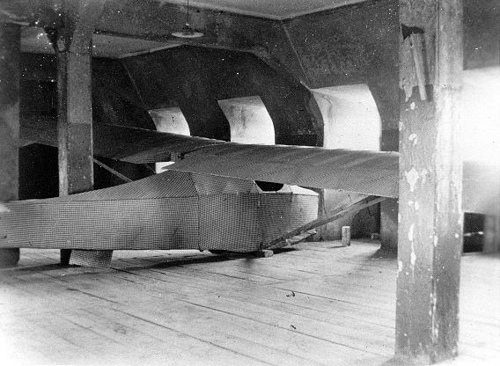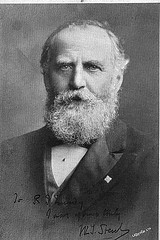‘Well, it was a quite shocking, I must say — there was blood everywhere!’ Alfred Hitchcock began suddenly from the rear of the elevator. We were in the New York St. Regis Hotel, heading down to the lobby. There was as light flush to his cheeks from the several frozen dauquiris he had just drunk in his suite. The elevator had just stopped and three people dressed for the evening had joined us, and immediately Mr. Hitchcock had started to speak, sounding as though he were in midsentence and projecting in that careful and familiar TV tone of his.
He went on, ‘There was as stream of blood coming from his ear and another from his mouth.’ The people had recognized him immediately, but now they seemed purposely to avoid looking at him. He went right on, gazing beatifically ahead of him as the elevator stopped again and another well-dressed couple came aboard: ‘Of course, there was a huge pool of blood on the floor and his clothes were spattered with it — Oh, it was a horrible mess.’
No one on the elevator, it seemed, was breathing. ‘Blood all around! Well, I looked at the poor man and and I said, “Good God, what happened to you?”‘ At that point the elevator doors opened onto the lobby, and Hitchcock said, ‘Do you know what he told me?’ and then paused. After a moment, and quite reluctantly, the other passengers moved out of the elevator and then looked back at the director as we walked away.
After several foggy moments, I asked, ‘Well, what did he say?’ and Hitchcock smiled benevolently, taking my arm, and said, ‘Oh, nothing — that’s just my elevator story.’
— Peter Bogdonavich, Who the Devil Made It, 1997



